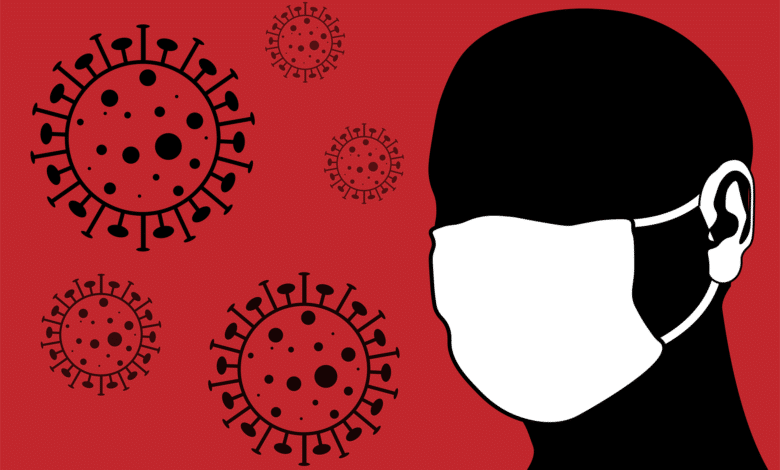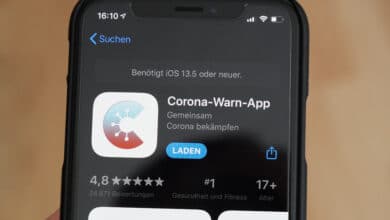
Researchers at the Massachusetts Institute of Technology (MIT) have developed an artificial intelligence that is designed to recognize Covid-19 patients by their cough – even before symptoms are present. The AI was tested in a study and demonstrated its ability. What does this mean for the further course of the pandemic?
Recognize Covid-19 by coughing?
While the second nationwide lockdown has begun in this country, researchers from the USA are apparently reporting sensational news: an artificial intelligence should be able to detect an infection with Sars-CoV-2 by the sound of coughing. What sounds adventurous is technically based on the interconnection of different neural networks that are supposed to measure and evaluate the volume of the cough, the emotional state of a person and changes in respiratory performance. The networks were trained using tens of thousands of recordings of coughs and spoken words. They should now be able to detect the deviations typical for Covid-19 and sound the alarm accordingly.
Promising study results
In one test series this was surprisingly successful. 98.5 percent of symptomatic infected persons were considered infected by the AI in the test. In the asymptomatic infected persons the AI recognized 100 percent. In seventeen percent of the cases the AI gave a false positive result. 70,000 subjects participated in the study. Overall, the results are therefore promising.
Juan Brian Subirana, head of the team that developed the AI and tested it in the study, believes the diagnostic tool is useful. For example, it could be distributed as a smartphone app, provided that approval is granted by the relevant health authority. Users could cough into their smartphones every morning and have a test performed when the app sounds the alarm. This would be a relatively effective way of preventing infected persons from infecting others before the first symptoms appear.
Subirana also emphasized that the tool aims to detect asymptomatic infected persons, but not to take over the diagnostic work when symptoms are present. Subirana’s team now wants to train the AI further and is working with hospitals worldwide to do so.



